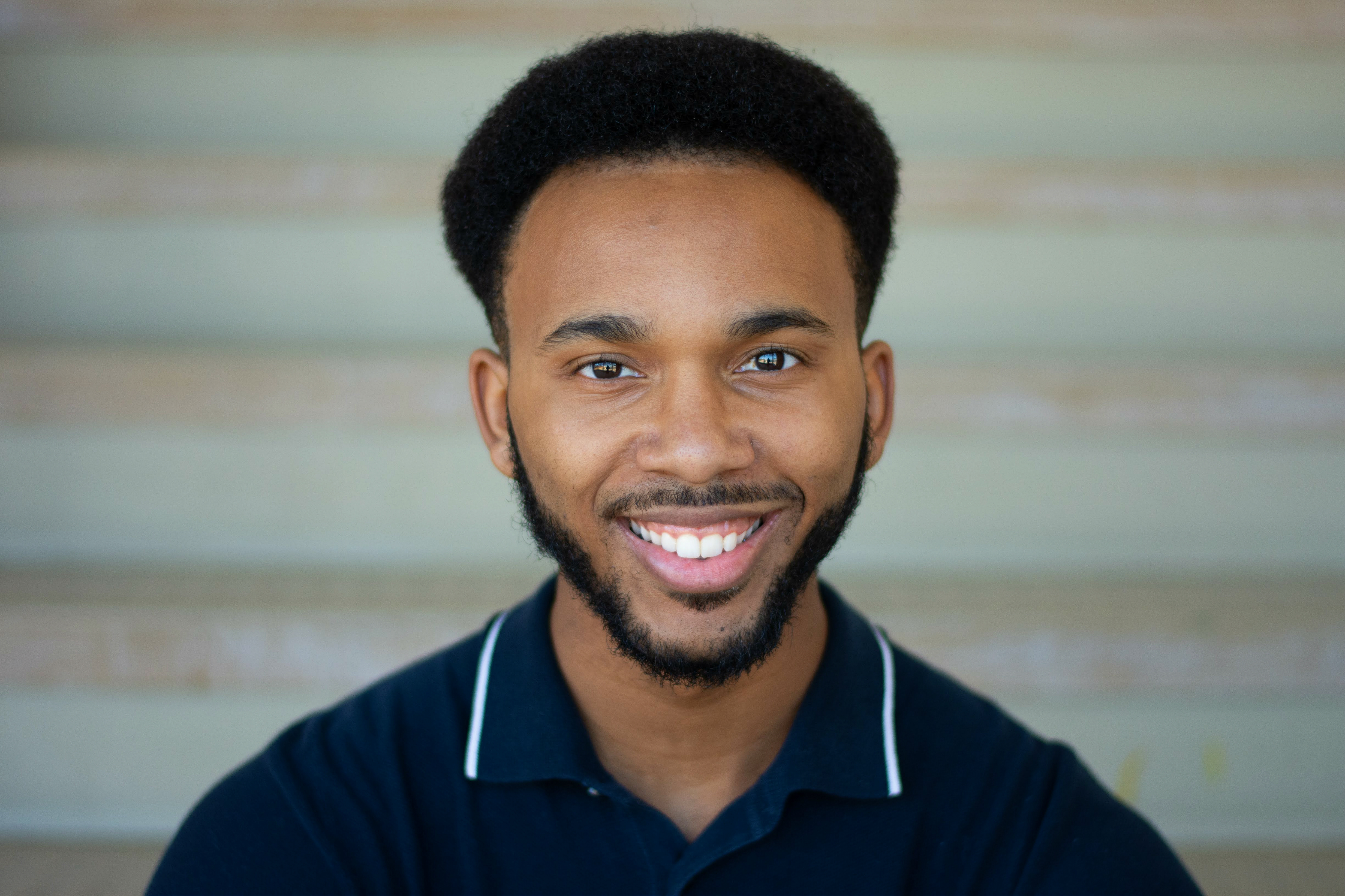As the education programs manager, McMichael works on programming for students with arts organizations.
Following a fellowship in Washington, D.C., Tres McMichael ’19 has been able to bring his love for the arts and education together.
A double major in music theatre and arts administration with minors in leadership studies, business administration and African and African American studies, McMichael started his role at the D.C. Arts and Humanities Education Collaborative as the education programs manager in February. The D.C. Arts and Humanities Education Collaborative in a nonprofit organization that works with cultural organizations in the Washington metro area. The nonprofit connects these organizations to the district’s public and public charter schools to provide arts and humanities programming at little or no cost. In his role merging the arts with education, McMichael works closely with member organizations to make sure their programming is high quality.
The organization was created because many of the students who were taking advantage of arts educational programming in Washington were not actually from the city.
“Our organization was formed out of that idea that all students in the District of Columbia should have access to the arts and humanities here, “McMichael said. “We’re unique in the sense that we work with D.C.- specific students and D.C.-specific arts organizations.”
The arts have always been important to McMichael. He sang in his church choir, attended opera and theater camp, and went to arts-focused magnet programs in middle and high school.
“For me, the arts have always been coupled with education and I know how important that was for my development,” he said. “I think that I come to my organization at a place where I realized that my normal was not everyone else’s normal.”
The coronavirus pandemic has upended his new role, but McMichael and the organization have adapted. Normally they reach out to educators so students can have in-person experiences, like going to a museum.
“We are in the business, essentially, of field trips,” McMichael said. “Once COVID-19 happened it was like, well, schools are not happening, the museums are closed, the theaters are dark.”
To try to keep arts and humanities education continuing, McMichael developed a distance-learning resource database that is being shared with teachers and families. The database has a collection of over 120 arts and humanities resources and is designed for pre-K students to high school seniors.
“Even if field trips aren’t happening, some type of arts and humanities education still needs to happen because we know that when things become complicated with education, whether it’s funding or anything, the arts are always the first to be rolled back,” McMichael said. “We wanted to make sure that even at home, whatever happens moving forward, that there’s still some place where students can go and have some type of arts education.”
For families who don’t have ready access to technology, the Collaborative has worked on making files such as lesson plans downloadable so they can possibly be printed at home or so schools can deliver them to students. The organization is also exploring options for virtual field trips.
McMichael’s lifelong passion for the arts and the goal to make experiences in the arts easily available to every student, drives his work.
“I knew that growing up everyone else didn’t get an opportunity to go see operas, everyone else didn’t have an opportunity to go to art museums, or ballets or concerts, all of these things that I was fortunate enough to have,” he said. “Part of my life’s mission is to make what was my normal, a readily accessible opportunity for everyone else for who it’s not.”
His Elon experience with being a leadership fellow and having experience in both the performing and business side of the arts helped him navigate being a young professional, McMichael said.



